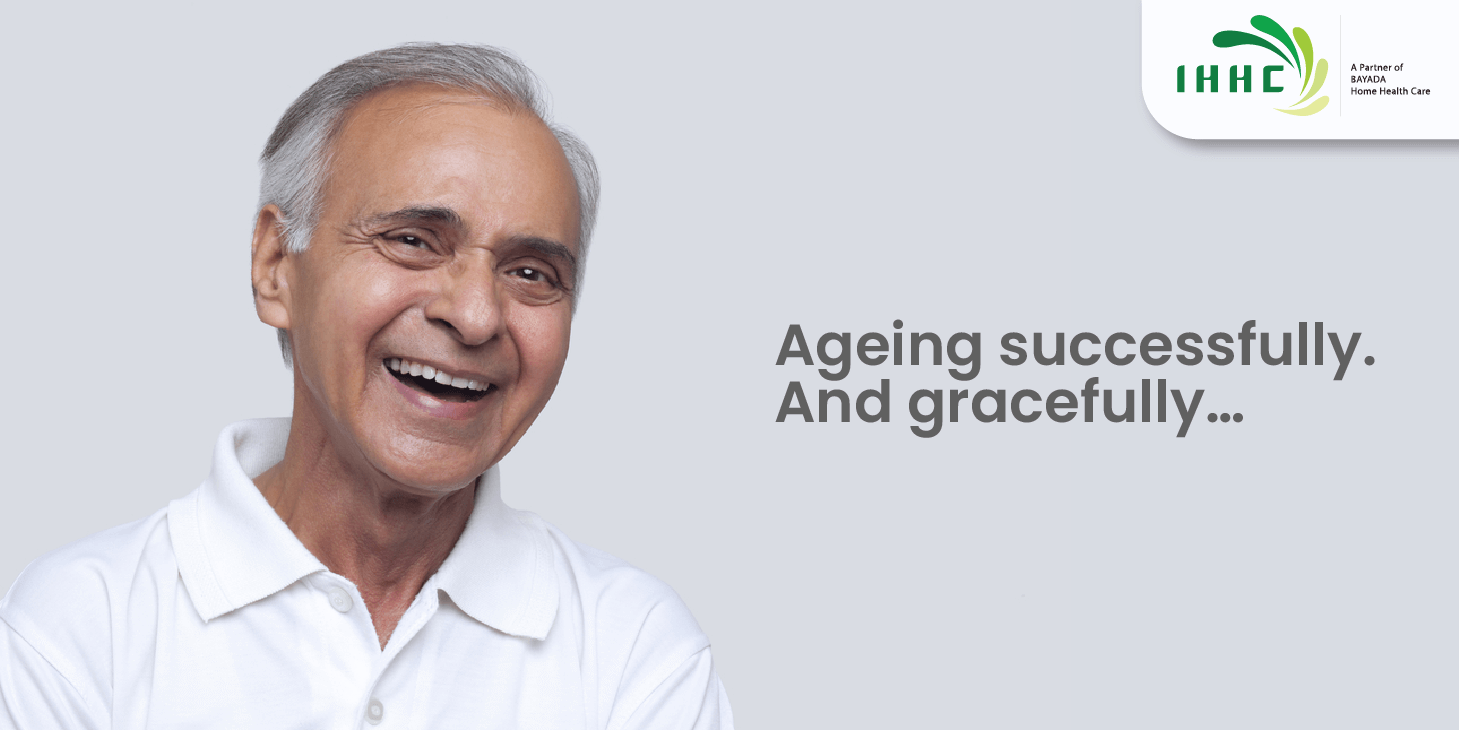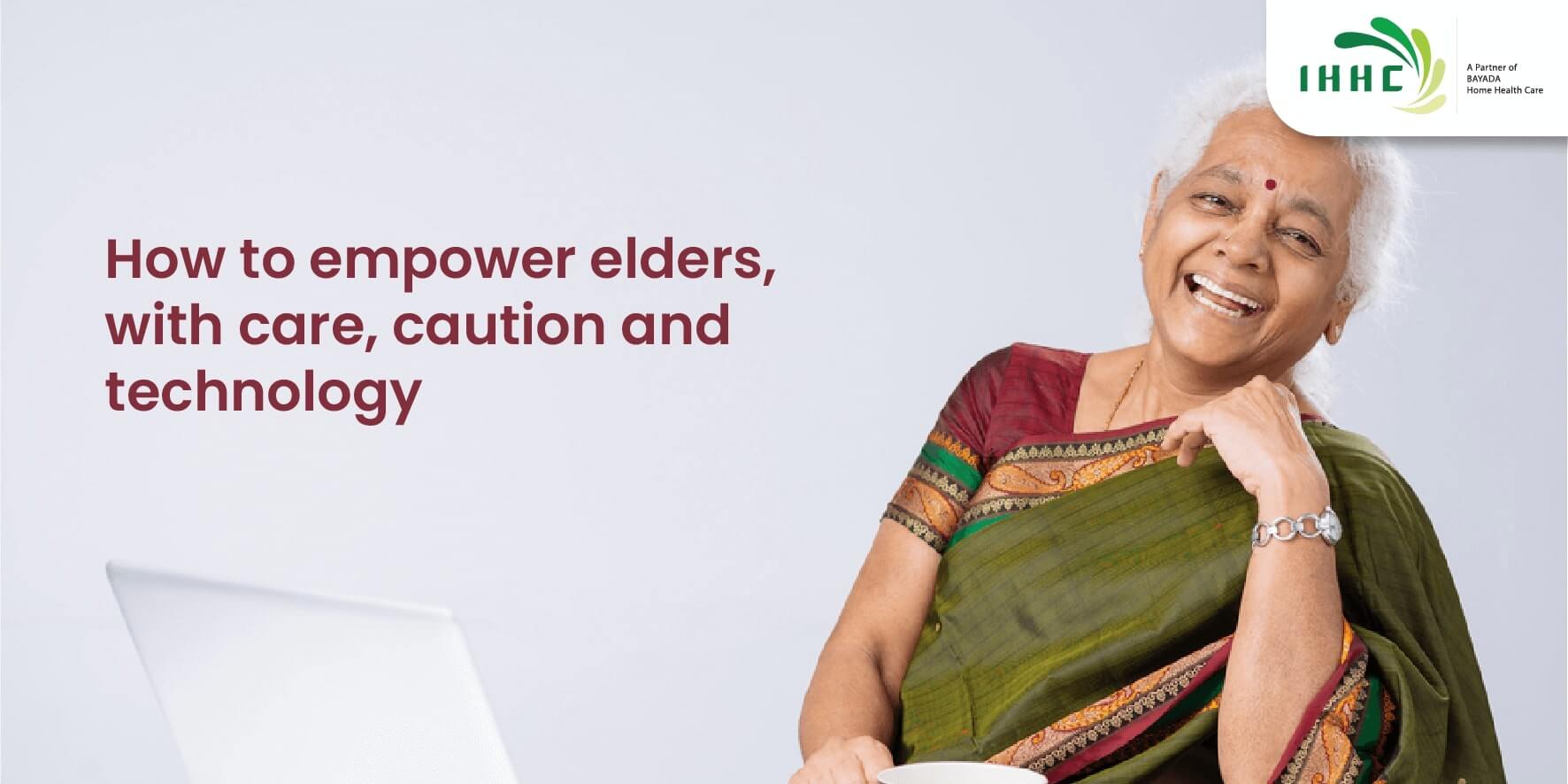Is there a need for home healthcare in India?
Historically, India used to be one of the best places in the world to grow old. The joint family system saw to that…and taking care of elders was accepted as a family responsibility. The joint family, by and large, is a thing of the past. India has changed. The family has gone nuclear. Grown up children go where the jobs are…all over India and abroad. Their parents don’t want to be moved…but the children still have to fund them and look after them.
Old age and seniority are an intrinsic part of the Indian ethos and traditions.
Maybe it’ s because of the tenets of Asrama in Hinduism - one of four age-based life stages discussed in ancient and medieval era Indian texts…with the last two stages being Vanaprastha (retired) and Sannyasa (renunciation).
As India moves closer to becoming the most populous country in the near future, we are facing a serious concern about our ageing population. According to some studies, India is ageing much faster than previously thought and may have nearly 20 per cent of the population at 60 years and above by 2050.
“India Ageing Report 2017” by the United Nations Population Fund (UNFPA) says “the share of population over the age of 60 could increase from 8 per cent in 2015 to 19 per cent in 2050.”
What's alarming is that, between 2000-2050, the overall population of India is expected to grow by 56 per cent…but the 60-plus population will increase by a huge 326 per cent and 700 per cent in the 80-plus age group.
The “India Ageing Report 2017” takes stock of:
- The ageing situation in India
- Some of the concerns, policies and programmatic responses
It also presents good case studies and practices on elder care across states. The report starts with laying out the demographic and socio-economic status of the elderly, which include:
- Work force participation
- Income security
- Living arrangements
- Health status
- Non-communicable diseases (NCDs)
- Associated services and cost issues
- Disability and gender concerns
- Access to social welfare services especially meant for the elderly
The analysis highlights the vulnerabilities faced by the elderly – especially the large proportion of widowed women. The challenge lies in how society and government plan to reduce these vulnerabilities and improve the overall well-being of the elderly.
Some insights on aging well
in Dr Alan Castel’s book: Better with age. The Psychology of Successful Aging, he says that while age is an important number, it can also be deceptive. After 40, many people say they feel younger than their years, some lie about their age, and many attempt to hide the signs of growing old.
Better with Age addresses the many myths and paradoxes about the aging process. While most people think of their later years in terms of decline, those same years can be some of the best times in your life. This book presents the latest scientific research about the psychology of aging, coupled with insights from those who have succeeded in ageing well, such as Maya Angelou, Bob Newhart, Jared Diamond, John Glenn, and John Wooden – to name a few. Retirement, happiness, and brain health are some of the many topics covered in this book. Better with Age shows what you can do right now, or at any stage in your life, to make sure you enjoy old age.
So, how can the elderly help themselves to grow old successfully, and gracefully?
Old age. It’s one of the last taboo subjects which still bedevils society. Everyone’s aware of it, everyone knows it will happen one day but even now it’s still one of those topics that people don’t want to mention. And yet, barring accidents and illness, all of us will one day become old. Each and everyone one of us. And many of us are concerned about what to expect with advancing years.
When asked, Sally Greengross, Chief Executive, of the International Longevity Centre, says, “Things have changed enormously because the population has changed – there are many more older people than there were. Part of the trend now is to live longer but one in three of us is going to get some form of dementia.”
All that means is that going forward the onus is very much going on you, to make sure you are looked after in your old age. So, you need to start making plans…in the present, and the younger the better!




